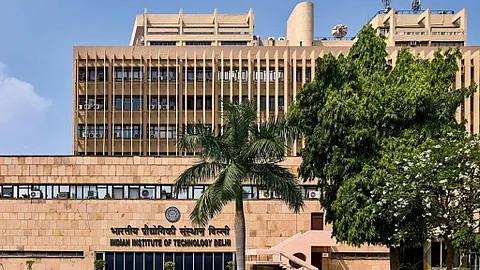

A 25-year-old PhD student at the Indian Institute of Technology (IIT) Delhi was found dead in his hostel room on Wednesday, June 5.
Ayush Singhal, who was pursuing a PhD in Biomedical Engineering, had reportedly not been seen since Monday night. His body was discovered only after neighbours raised an alarm due to a foul smell, as per a report by The Indian Express.
This marks yet another instance of a disturbing pattern at the premier institute: students dying alone in locked rooms, often discovered days later. The cause of death is yet to be officially confirmed.
According to records accessed by The Indian Express, at least 12 student deaths have occurred on IIT Delhi’s campus between 2006 and 2024. Of these, 10 were male students, and six belonged to Scheduled Caste communities. Five of these deaths were reported in just the last two years.
“PhD life here is extremely isolating,” said a 30-year-old student who had seen the ambulance parked outside Dronagiri hostel that day.
“We spend long hours in labs, and our social circles are small. Often, no one notices if someone goes missing,” the student told IE.
Hostel rules also limit access between students, making it harder for peers to check in on each other. At Dronagiri, one of the newer hostels, even friends from other blocks are not allowed into the rooms.
Students say that while mental health resources exist, the culture discourages seeking help.
“Every time something happens, the administration sends an email asking us to take care of each other. But nothing really changes,” said a fifth-year PhD student.
Gender dynamics may also play a role. Of the 12 deaths recorded, only two involved female students.
“Male students tend to be more isolated, and they often don’t talk about their struggles,” said a day scholar in his fifth year of PhD.
In 2024, after repeated student demands, IIT Delhi formed an external committee to look into campus suicides. The panel flagged excessive academic pressure, caste and gender bias, and a toxic grading system. However, the report remained unaddressed for months. Another student died just a month after it was submitted.
The institute only acknowledged the findings publicly in April 2025, stating that it is developing an action plan to improve student well-being. Details of the plan are yet to be shared.
